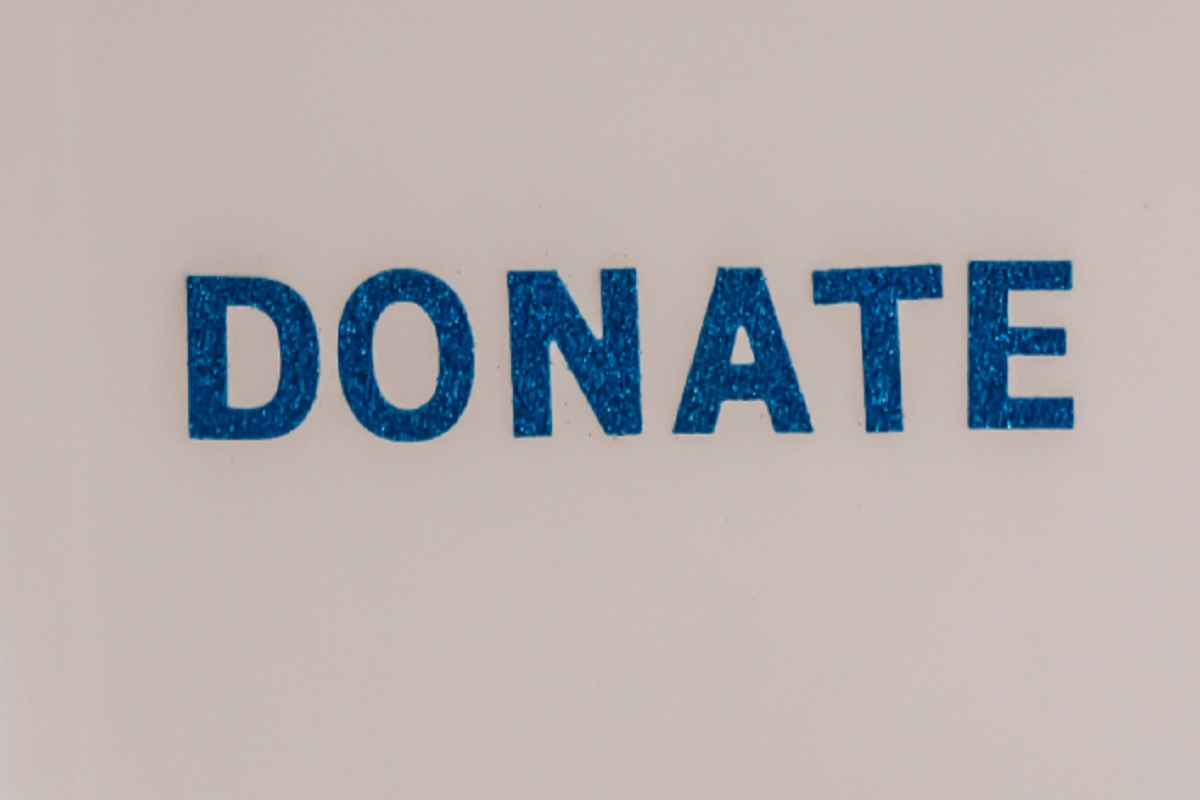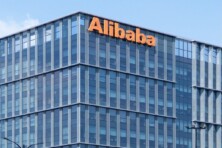The Klarna payment network has presented new products that are aimed at customers who are striving to do everything possible to protect the environment from negative external influences within the framework of their daily activities.

Last Wednesday, June 14, this company published a press release, according to which one of the innovations in the space of payment network capabilities is the donation replenishment function. The company has also updated the carbon footprint tracking tool. Currently, many retailers are discussing the effectiveness of their sustainability efforts and their cost.
The new donation feature allows customers to add $1, aimed at supporting climate protection initiatives, to the amount of each purchase. This tool is available as part of the Buy Now, Pay Later (BNPL) service. The relevant information is contained in the company’s press release.
The firm informs that thanks to the Milkywire charity fundraising platform, donations will be counted as part of the initial contribution and will be transferred to the WRLD Foundation. This money will be used as a base of financial support for organizations that are involved in the implementation of sustainable UN development goals focused on people, climate, and biodiversity.
Klarna’s press release also contains information that the company has updated the Co₂e tracker. This solution was implemented in order to increase the level of consumer awareness about what carbon footprint is characteristic of their life activity. The updated tool allows you to find out the degree of influence of goods intended for the home and garden, and products belonging to the categories of jewelry and accessories, on the state of the climate. The relevant data will be provided by the Vaayu platform, which tracks carbon emissions.
Currently, the problem of sustainable development is of urgent importance for many industries. This trend also applies to the retail trade. Many companies working in this field are faced with the need to comply with regulatory requirements to reduce carbon dioxide emissions.
Some retailers have already taken the necessary measures as part of the environmental protection campaign. For example, the H&M Close the Loop initiative was launched, in which customers can take their unwanted clothes for recycling to the store and in return receive a coupon for new purchases. For 10 years of existence of this initiative, the company has purchased more than 155 thousand tons of textiles.
On the part of consumers, there is also an increase in awareness of issues related to the environmental and social consequences of purchases. Young people are showing great consciousness. This part of the consumer audience is more likely to prefer the products of brands whose ideology is consistent with their values, and whose business strategies provide for measures aimed at ensuring sustainable development.
As we have reported earlier, Klarna Halves Losses.









